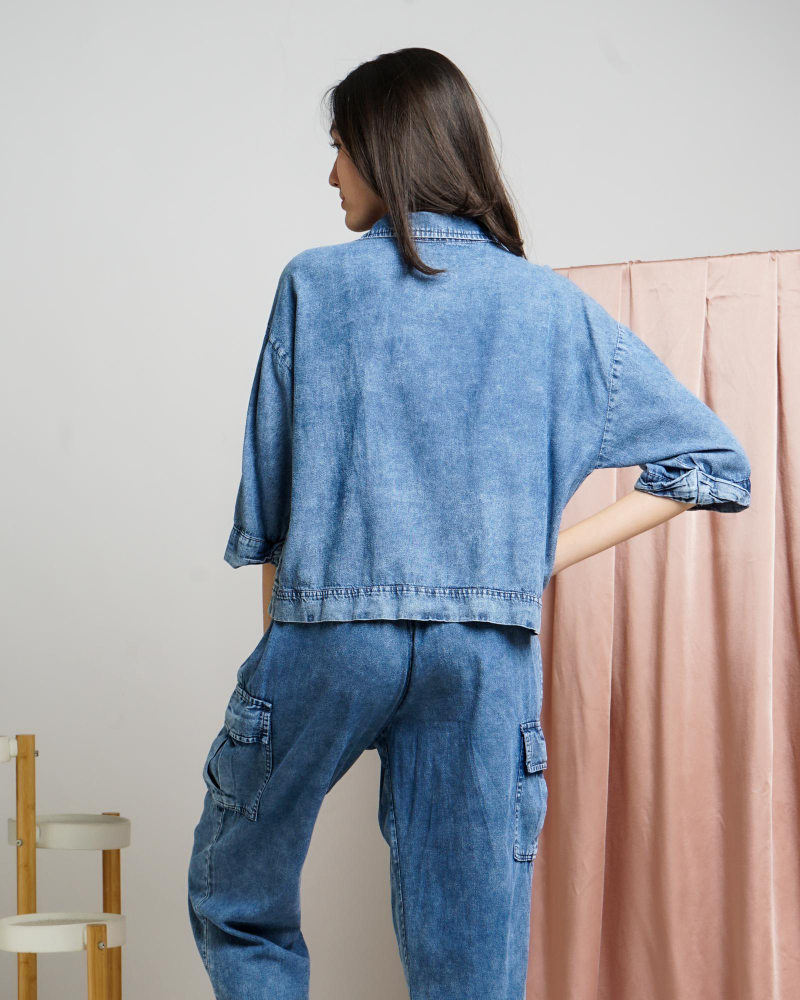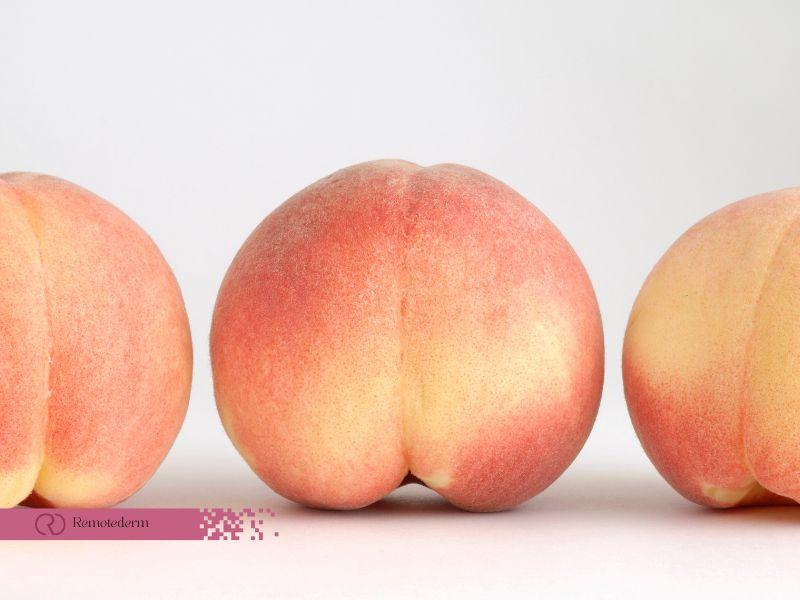Hidradenitis Suppurativa (HS), also known as acne inversa, is a chronic inflammatory skin condition that profoundly impacts individuals’ lives. Understanding its symptoms, causes, and treatments is crucial. In this guide, we explore HS comprehensively, covering symptoms, causes, diagnosis, treatments, lifestyle adjustments, and home remedies. We also address common concerns like its contagiousness, aiming to empower those affected and raise awareness in the community.
What is Hidradenitis Suppurativa?
Hidradenitis suppurativa is a chronic inflammatory skin condition that affects hair follicles and sweat glands in areas with skin-to-skin contact, such as the armpits, groin, buttocks, and under the breasts. It often starts as small, painful lumps that can progress to deep-seated abscesses and tunnels under the skin.
Symptoms of Hidradenitis Suppurativa
Numerous upsetting symptoms ofhidradenitis suppurativa can have a serious negative effect on a person’s quality of life. It is essential to comprehend these symptoms in order to detect them early and treat them effectively. The following are the main signs and symptoms of hidradenitis suppurativa:
- Painful Lumps or Abscesses: One of the hallmark symptoms of hidradenitis suppurativa is the development of painful lumps or nodules beneath the skin. These lumps can vary in size and may feel tender to the touch. As the condition progresses, the lumps can become increasingly painful and inflamed.
- Pus-filled Lesions: As hidradenitis suppurativa advances, the painful lumps may evolve into pus-filled lesions or abscesses. These lesions often rupture spontaneously or with pressure, releasing foul-smelling pus. The presence of pus-filled lesions is a common and distressing feature of this condition.
- Tunnel-like Tracts Under the Skin: In severe cases of hidradenitis suppurativa, tunnel-like tracts, known as sinus tracts or fistulas, may form under the skin. These tracts connect the abscesses and can cause further complications, such as the spread of infection and increased pain.
- Scarring: Chronic inflammation and repeated flare-ups of hidradenitis suppurativa can lead to the formation of scar tissue in the affected areas. The scarring may range from mild to severe and can be both physically and emotionally distressing for individuals living with the condition.
- Painful, Inflamed Nodules: In addition to the presence of abscesses and lesions, hidradenitis suppurativa often causes the development of painful, inflamed nodules. These nodules may be tender to the touch and can make everyday activities, such as walking or raising the arms, challenging and uncomfortable.
- Recurrent Flare-ups: Hidradenitis suppurativa is characterized by a chronic, relapsing course, marked by recurrent flare-ups of symptoms. Flare-ups can be triggered by various factors, including hormonal changes, friction or pressure on the skin, and stress.

Causes of Hidradenitis Suppurativa
While the exact cause of HS remains unknown, several factors may contribute to its development:
- Genetics: There’s evidence to suggest that genetics play a role in predisposing individuals to HS.
- Hormonal Changes: Fluctuations in hormone levels may trigger or exacerbate symptoms.
- Obesity: Obesity and excess weight have been associated with a higher chance of developing HS.
- Smoking: There is a correlation between smoking and increased incidence and severity of HS.
Diagnosis and Treatment Options
Diagnosing hidradenitis suppurativa typically involves a thorough examination of the affected areas and may require a biopsy to confirm the diagnosis. Treatment options aim to alleviate symptoms, reduce inflammation, and prevent recurrence. They may include:
- Topical Treatments: Antibacterial washes and topical antibiotics, like clindamycin, can help manage mild cases and reduce acne-related symptoms.
- Oral Medications: Prescription antibiotics, such as tetracycline, and acne prescription medications like isotretinoin may be prescribed for moderate to severe cases to control inflammation and prevent new lesions.
- Biologics: Biologic medications, such as adalimumab and infliximab, target specific pathways involved in inflammation and are reserved for severe cases where traditional treatments have failed to provide relief from hidradenitis suppurativa symptoms.
- Surgical Intervention: In some cases, surgical procedures may be necessary to drain abscesses, remove affected tissue, or address severe scarring caused by the condition. Surgical interventions aim to improve symptoms and quality of life for individuals with hidradenitis suppurativa.
Lifestyle and Home Remedies
In managing hidradenitis suppurativa, lifestyle adjustments and home remedies can complement medical treatments for symptom relief. Here are key strategies to consider:
- Maintain Healthy Weight: Keeping a healthy BMI can reduce symptom severity. A balanced diet and regular exercise support weight management, potentially easing symptoms.
- Avoid Tight Clothing: Opt for loose-fitting, breathable fabrics to minimize friction and irritation in affected areas, reducing discomfort.
- Practice Good Hygiene: Regular cleansing with gentle cleansers helps remove bacteria and prevent infection. Patting skin dry and avoiding harsh scrubbing minimizes irritation.
- Quit Smoking: Smoking worsens symptoms and impedes healing. Quitting smoking improves overall health and may reduce flare-up frequency and severity.

Is Hidradenitis Suppurativa Contagious?
No, hidradenitis suppurativa is not contagious. It is a chronic inflammatory condition that affects the skin and is not caused by bacteria or viruses that can be transmitted from person to person. Therefore, individuals with hidradenitis suppurativa can confidently engage in social interactions without fear of transmitting the condition to others.
Final Thoughts
Living with hidradenitis suppurativa poses significant challenges, both physically and emotionally. However, individuals diagnosed with this condition should seek support from healthcare professionals, loved ones, and support groups. Patience and persistence are crucial in finding the right combination of therapies, and open communication with healthcare providers can lead to personalized treatment plans. Moreover, practicing self-care strategies and maintaining a positive mindset can aid in coping with the challenges. By raising awareness and advocating for better resources and support, a more inclusive and understanding community can be fostered for those affected by hidradenitis suppurativa, allowing them to lead fulfilling lives despite the condition’s difficulties.
FAQs
1. Can hidradenitis suppurativa be cured?
Hidradenitis suppurativa is a chronic condition with no known cure, but various treatment options can help manage symptoms and reduce flare-ups.
2. Does diet play a role in hidradenitis suppurativa?
While more research is needed, some individuals with HS report that certain foods, such as dairy or nightshade vegetables, may trigger flare-ups. However, specific dietary recommendations may vary from person to person.
3. Can stress worsen hidradenitis suppurativa symptoms?
Stress can exacerbate inflammatory conditions like hidradenitis suppurativa, potentially leading to increased frequency and severity of flare-ups. Incorporating stress-reduction techniques, such as mindfulness and relaxation exercises, may help manage symptoms.
4. Are there alternative therapies for hidradenitis suppurativa?
Some individuals explore alternative therapies like acupuncture, herbal remedies, or dietary supplements to manage hidradenitis suppurativa symptoms.
